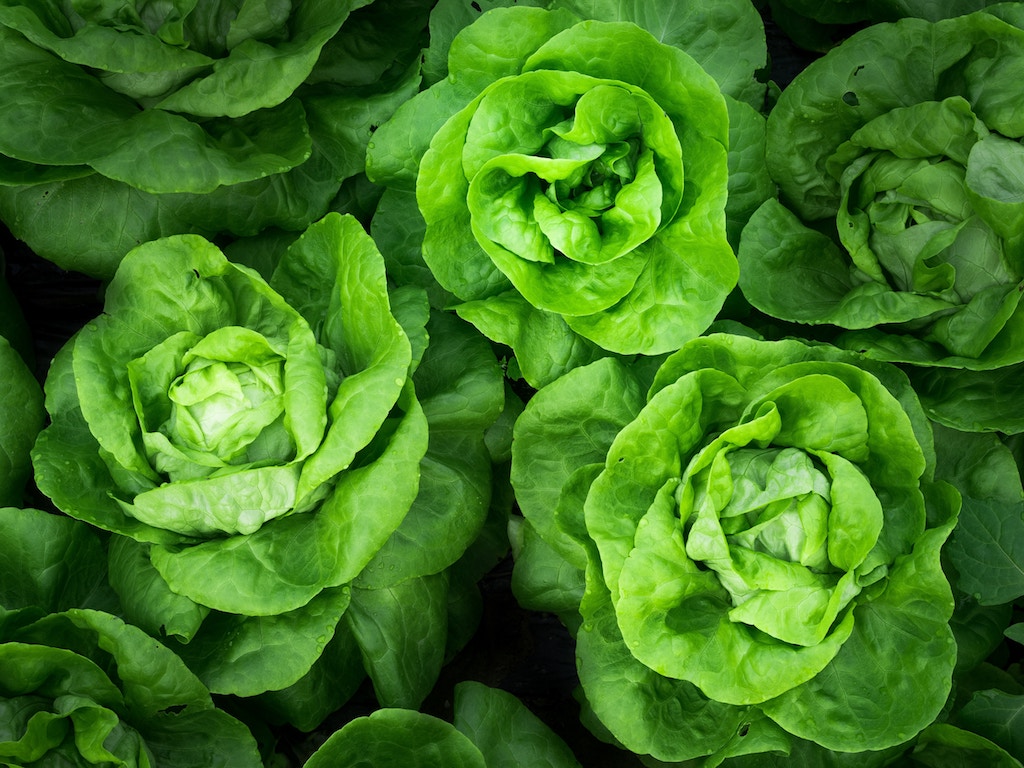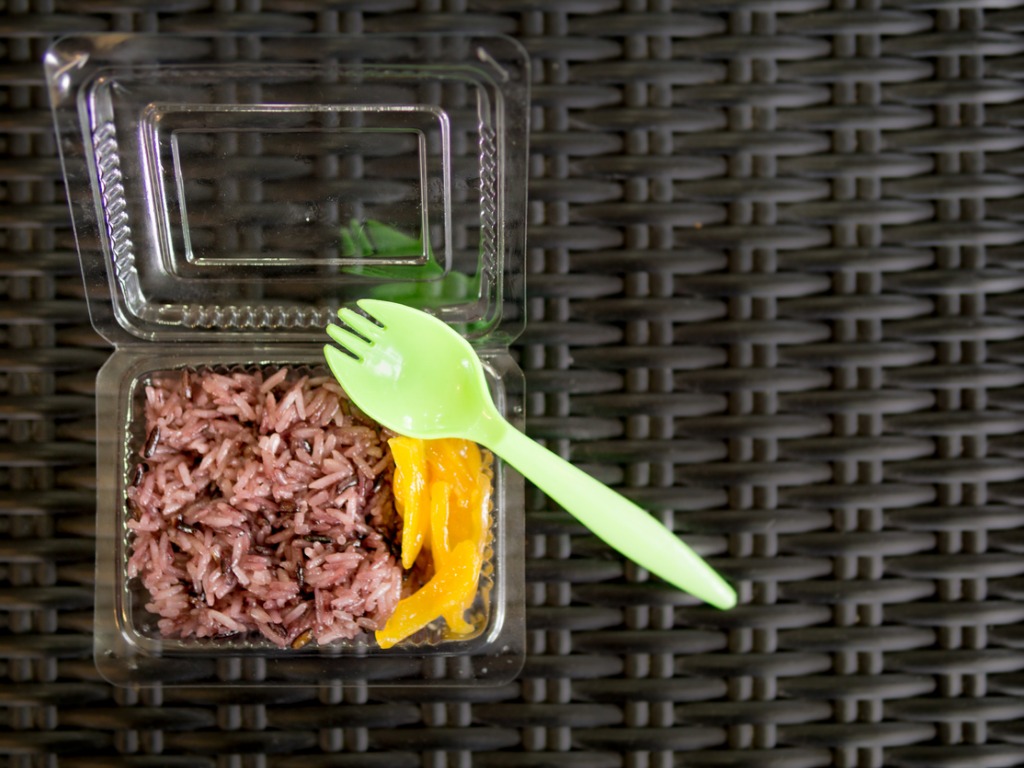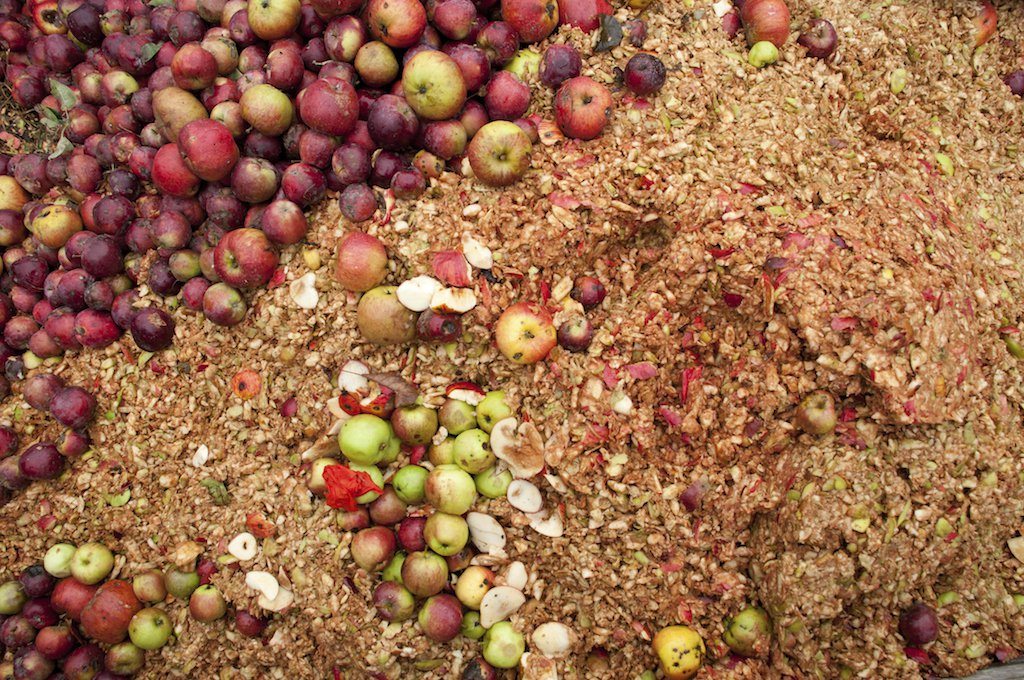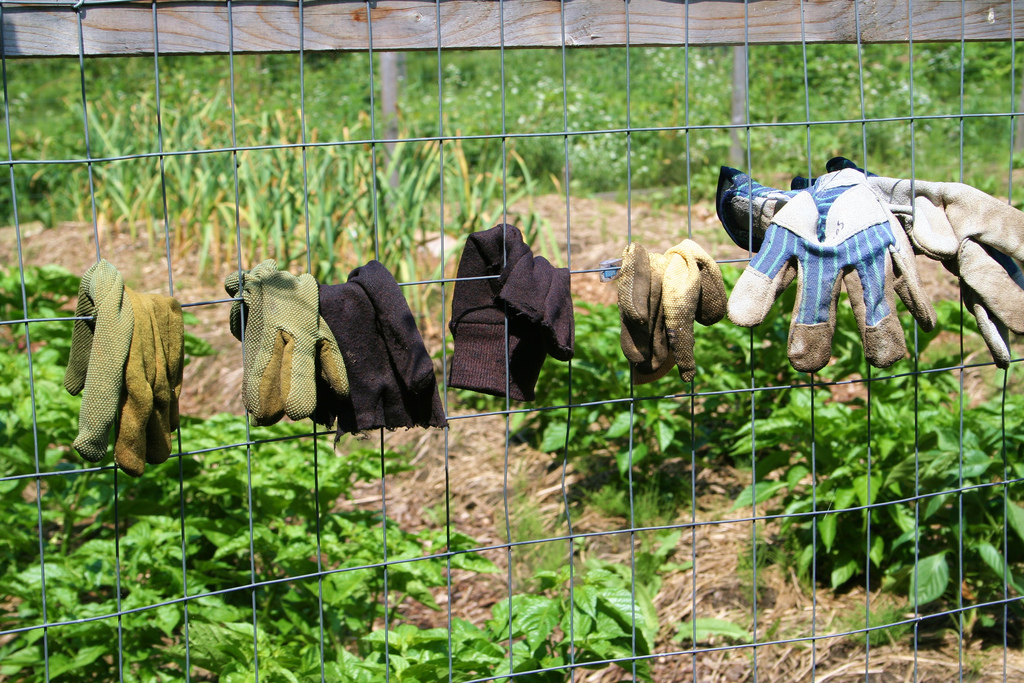This is the web version of a list we publish twice-weekly in our newsletter. It comprises the most noteworthy food stories of the moment, selected by our editors. Get it first here.
The not-so-sweet truth. A study conducted by a group of researchers from The University of Melbourne (Australia), the Cancer Council Victoria (Australia), and the University of Cologne (Germany) reveals that adding graphic health warnings to junk food packaging can successfully deter eaters from making poor dietary choices. The study—which is available now in Volume 18 of the journal NeuroImage: Clinical—is contextualized here by academics from The University of Melbourne. If a picture of a damaged heart isn’t enough to deter you from that chocolate bar, perhaps nothing will.
#Inclusive. Ever tried texting your vegan friend an invite to that new salad place for lunch, only to discover that the Android salad emoji contains—gasp—an egg? Well, fear digital insensitivity and ignorance no more: In an attempt to increase ‘inclusivity,’ Google has introduced a new salad emoji that is 100 percent vegan, Eater reports. Hope you like greens and tomatoes!
Some snappy shuffling. According to a report being produced by the White House Office of Management and Budget, President Trump’s administration is preparing to move several safety-net programs—including the food stamp program formally referred to as SNAP—into the Department of Health and Human Services (HHS), Politico writes. Some think the plan is a way to get the United States Department of Agriculture (USDA) to focus on agricultural issues again. Others say it combats bureaucracy. For some, perhaps, it’s just—in the parlance of our time—more intuitive. But intuition be damned: SNAP has been made part of the farm bill as a pragmatic way of attracting support for farm subsidies from urban elected officials.
Is that meat meatless? Plant-based foods are proliferating in supermarkets nationwide. But perhaps this will surprise you: the good-food meccas Whole Foods and Trader Joe’s do not top the list for the plant-leaning eaters among us. According to a report from market research firm inMarket, Vons, Publix, Sprouts, and Kroger are among the most popular chains for veg-curious shoppers. Food Dive shows that the rising popularity of meat-alternatives should help to increase their availability, while also decreasing their cost. Market forces and all that.
Wendy’s goes greenhouse. The fresh-beef fast-food chain has made a decision to source its tomatoes from greenhouses and hydroponic sources, meaning all of its tomatoes will now come from growers in the United States and a few from Mexico, according to The Columbus Dispatch. SVP of Quality Assurance Dennis Hecker told The Packer that supply predictability is one of the reasons for the switch. Despite years of backlash from the Coalition of Immokalee Workers (CIW) for the company’s refusal to sign on to the Fair Food Program, protests may be futile: the transition has already begun and is expected to be complete by early 2019. We covered CIW’s recent protests in New York City in this photo essay.










